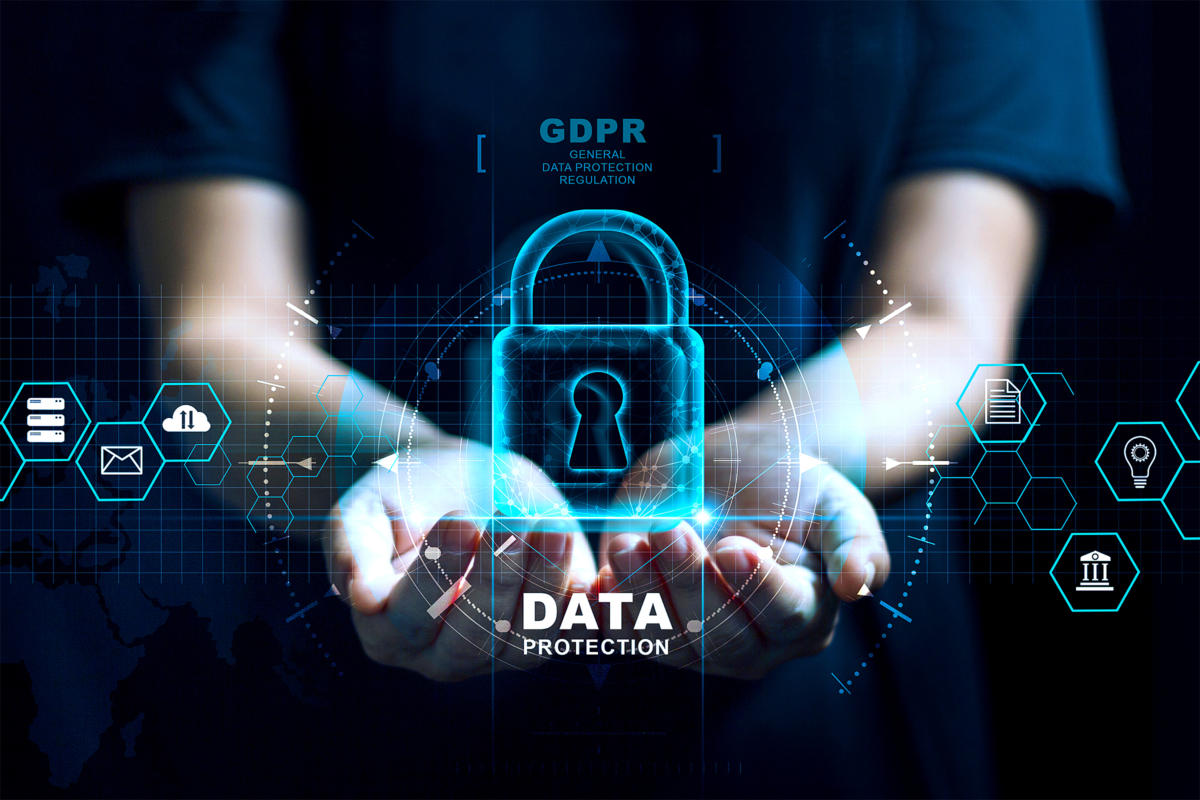Technology Impact Privacy and Security

Technology has a significant impact on privacy and security, introducing both opportunities and challenges in safeguarding individuals' personal information and digital assets. Here are some ways technology impacts privacy and security:
Data Collection and Surveillance: Technology enables the collection, storage, and analysis of vast amounts of personal data through digital devices, online services, and surveillance technologies. While data collection can enhance personalized experiences and service delivery, it also raises concerns about privacy infringement, surveillance, and the potential misuse of personal information by governments, corporations, and malicious actors.
Cybersecurity Threats: Technology introduces cybersecurity threats such as malware, phishing, ransomware, and data breaches that target individuals, businesses, and critical infrastructure. Cyberattacks exploit vulnerabilities in digital systems, networks, and software applications, leading to unauthorized access, data theft, financial loss, and disruption of operations. Protecting against cybersecurity threats requires robust cybersecurity measures, including firewalls, encryption, antivirus software, and regular security updates.
Data Privacy Concerns: Technology raises concerns about data privacy and the protection of individuals' personal information in digital environments. Privacy breaches, data leaks, and unauthorized data sharing can compromise individuals' privacy rights, leading to identity theft, financial fraud, and reputational damage. Addressing data privacy concerns requires transparent data handling practices, informed consent mechanisms, and compliance with data protection regulations such as the General Data Protection Regulation (GDPR) and the California Consumer Privacy Act (CCPA).
Surveillance Technologies: Technology enables the proliferation of surveillance technologies such as facial recognition, biometric identification, and location tracking systems. While surveillance technologies can enhance security and public safety, they also raise concerns about mass surveillance, privacy invasion, and the erosion of civil liberties. Balancing security needs with privacy rights requires clear legal frameworks, oversight mechanisms, and ethical guidelines for the use of surveillance technologies.
Internet of Things (IoT) Security: Technology expands the internet of things (IoT) ecosystem with interconnected devices such as smart home devices, wearable gadgets, and industrial sensors. IoT devices collect and transmit sensitive data, raising concerns about cybersecurity vulnerabilities, privacy risks, and the potential for unauthorized access or exploitation by cybercriminals. Securing IoT devices requires implementing strong encryption, authentication mechanisms, and security protocols to protect against cyber threats.
Social Media and Online Privacy: Technology influences social media platforms and online services, where individuals share personal information, social interactions, and digital content. Social media platforms collect vast amounts of user data for targeted advertising, content recommendation algorithms, and user profiling, raising concerns about online privacy, data tracking, and the manipulation of user behavior. Protecting online privacy requires awareness of privacy settings, consent options, and responsible data sharing practices on social media platforms and online services.
Ethical Use of Emerging Technologies: Technology introduces ethical considerations in the development and deployment of emerging technologies such as artificial intelligence (AI), biometrics, and surveillance drones. Ethical frameworks such as fairness, transparency, accountability, and privacy by design are essential for guiding the responsible use of technology and mitigating potential risks to privacy and security.
Overall, addressing privacy and security concerns in technology requires a multidisciplinary approach involving stakeholders from diverse backgrounds, including technology developers, policymakers, regulators, privacy advocates, and civil society organizations. Protecting privacy and enhancing cybersecurity are essential for promoting trust, transparency, and responsible innovation in the digital age.
Thank you,